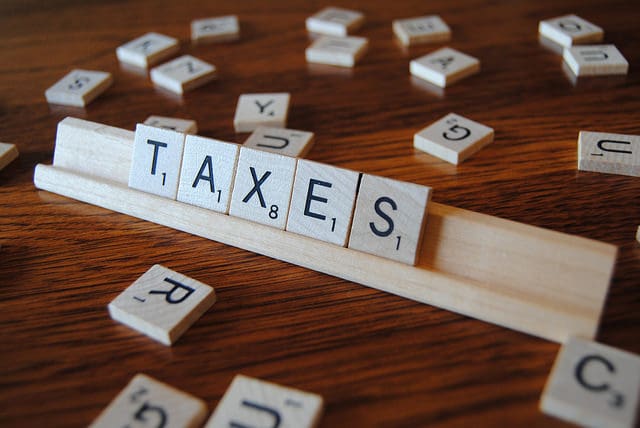Rather like a quantitative version of Hello! magazine, the Panama papers made headlines everywhere. Read all about the vast amount of money a particular celeb has got stashed away. Salivate, be titillated or be outraged, according to your fancy.
The story was covered heavily by the Guardian, the in-house newspaper of the metropolitan liberal elite. But the popular reaction was not quite what they were hoping for. Many people seem to regard the revelations contained in the Panama documents as just the way the ultra-rich and powerful are meant to behave. Rather like Conservative MPs and sex scandals, tax evasion and foreign dictators seem to go together quite naturally.
John McDonnell, the shadow chancellor, demanded an immediate and full public inquiry in the House of Commons. He could perhaps consult Yanis Varoufakis, one of his economic advisers, who of course was so successful in running the economy during his time as Greek finance minister.
Or the Left could more usefully ponder a fundamental principle in economic theory, the concept of so-called revealed preference. Economists attach relatively little value to surveys of opinion. This extends far beyond political opinion polls, though these serve to illustrate the point. In the 1980s, for example, survey after survey showed large majorities in favour of higher public spending financed by higher taxation. Yet the electorate consistently returned Margaret Thatcher to power when they had to make an actual decision.
Just because voters dislike tax avoidance by global companies and the super-rich, it does not mean that they themselves want to pay any more tax. We saw this in the general election last year, where there was a decisive swing away from Ed Miliband’s Labour to the tax-cutting Conservatives in the marginal constituencies of England and Wales.
Economists believe that it is only by their actions that people reveal what their preferences really are. Faced with a hypothetical question, their answers are unreliable, so we observe what they genuinely think by the decisions they make. The Journal of Economic Perspectives had a symposium on this question in one of its 2012 issues. The discussions are technical, but the top MIT econometrician Jerry Hausman summed it up neatly when he wrote: “what people say is different to what they do”.
The plain fact is that we have data going back over 50 years on the total amount of tax which governments are able to levy on the British people. Regardless of who has been in power, no government has been able to lift the percentage of national income which goes in tax above the 38 per cent mark. This includes all taxes: income, capital, corporation and the rest.
Politicians have to understand the wishes of the electorate if they themselves want to stay in power. Gordon Brown might have doubled the size of the tax manual when he was in power, but the tax take was if anything slightly low when he was booted out in 2010, at 34.9 per cent of GDP.
For all the fine sentiments expressed in surveys and the outrage over tax dodging, the revealed preference of the British electorate is to keep taxes low.
Paul Ormerod
As published in CITY AM on Wednesday 20th April
Image: Taxes by Got Credit is licensed under CC BY 2.0


